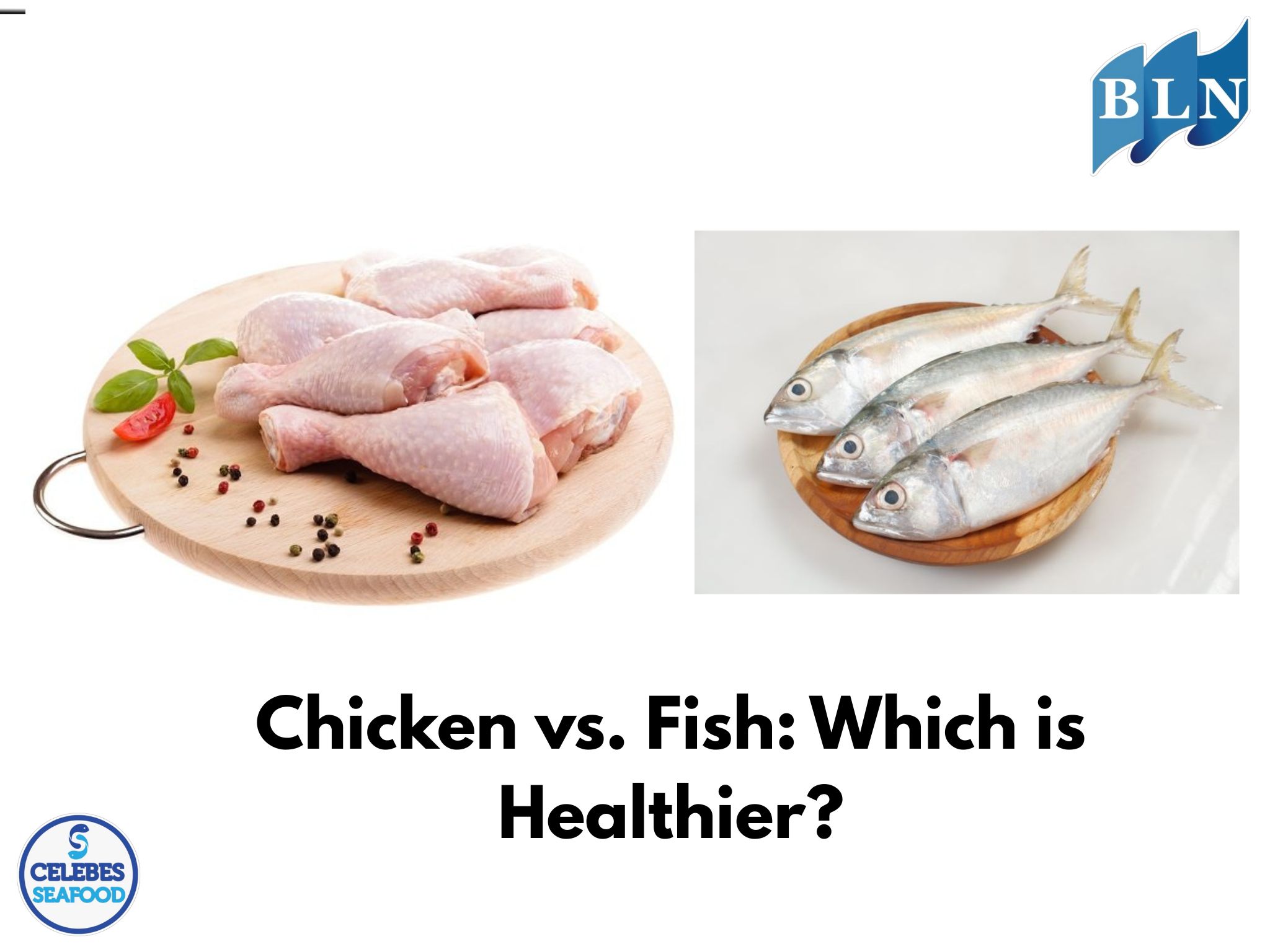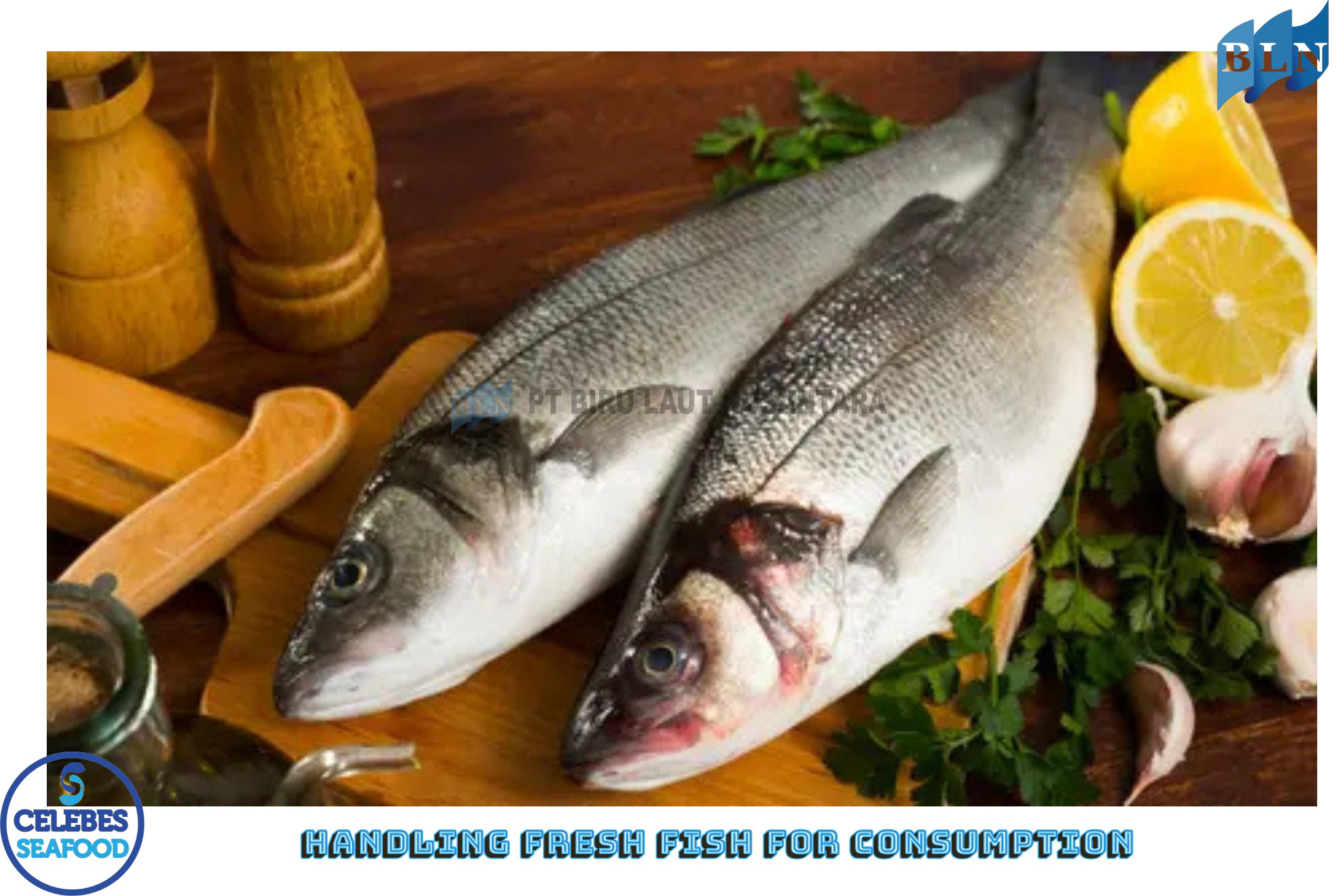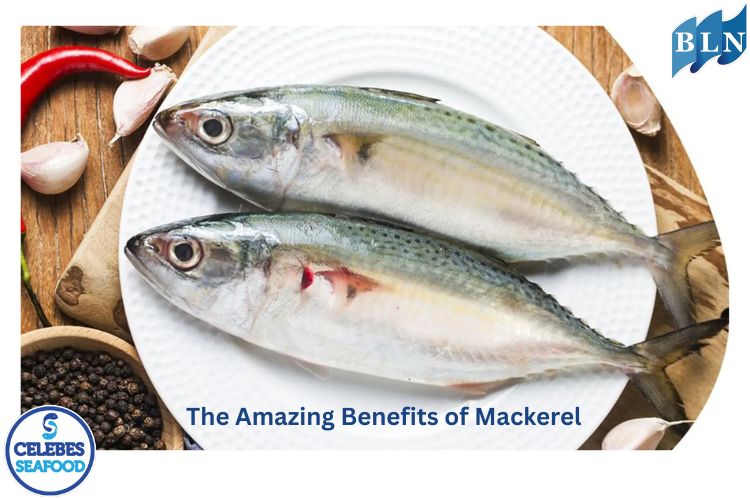Health Risks from Consuming Fish Containing Formalin
By. Azizah - 14 Aug 2025.jpg)
lautnusantara.comConsumption of fish containing formalin can pose various serious health risks, ranging from digestive disorders to an increased risk of cancer. Formalin, a hazardous chemical, is often added to fish to extend its shelf life; however, its use in food is strictly prohibited.
1. Introduction
Fish is an important food source rich in protein, omega-3 fatty acids, vitamins, and minerals. However, due to its perishable nature, some unscrupulous sellers use harmful chemicals such as formalin to extend shelf life. Formalin (a solution of formaldehyde in water, typically 37–40%) is intended for use as a preservative for corpses, disinfectants, or industrial purposes—not for food. The use of formalin on fish is extremely dangerous as it can cause serious short- and long-term health effects.
2. Characteristics of Fish Containing Formalin
Some physical signs of fish suspected of containing formalin include:
-
Flesh that is firmer and stiffer than that of fresh fish.
-
Lacking the characteristic fresh fish smell, replaced with a strong chemical odor.
-
Gills appear pale gray instead of bright red.
-
Unusually resistant to spoilage, even at room temperature.
-
Skin surface appears unnaturally shiny.
3. Reasons for Using Formalin on Fish
Some individuals use formalin because:
-
It significantly extends the shelf life of fish at room temperature.
-
It reduces financial loss due to spoilage during transportation.
-
It eliminates the need for large amounts of ice or refrigeration.
-
It is relatively cheap and easily available on the market.
However, these reasons are clearly illegal and endanger public health.
4. Health Effects of Consuming Formalin-Treated Fish
4.1 Acute Effects (Short-Term)
-
Irritation of the mouth, throat, and digestive tract.
-
Nausea, vomiting, diarrhea, and abdominal pain.
-
Headaches, dizziness, and fatigue.
-
Allergic reactions such as itching and skin rashes.
4.2 Chronic Effects (Long-Term)
-
Liver and kidney damage due to formaldehyde accumulation.
-
Respiratory system disorders.
-
Weakening of the immune system.
-
Cancer risk (formaldehyde is classified as a carcinogen by the International Agency for Research on Cancer).
5. Regulations and Prohibitions
-
In Indonesia, Minister of Health Regulation No. 722/Menkes/Per/IX/88 and Minister of Trade Regulation No. 20/M-DAG/PER/5/2009 prohibit the use of formalin in food.
-
The Indonesian Food and Drug Authority (BPOM) states that formalin must not be present in food at any concentration.
-
Violations may result in criminal charges and fines according to the Food Law.
6. Methods for Detecting Formalin in Fish
-
Simple method: smell the fish—formalin has a strong, pungent odor.
-
Physical check: feel the texture—fish that is too hard and stiff may indicate formalin presence.
-
Rapid test kits: available from fisheries agencies or BPOM.
-
Laboratory analysis: spectrophotometry or chromatography for accurate results.
7. Prevention and Education
-
Purchase fish only from trusted sellers who maintain a cold chain.
-
Check the physical characteristics of fresh fish before buying.
-
Educate the public about the dangers of formalin.
-
Government agencies must tighten control over the distribution of hazardous chemicals.
If you are interested in our OCTOPUS WHOLE CLEANED BALL TYPE, OCTOPUS WHOLE CLEANED FLOWER TYPE please do not hesitate to contact us through email and/or whatsapp.


.jpg)




